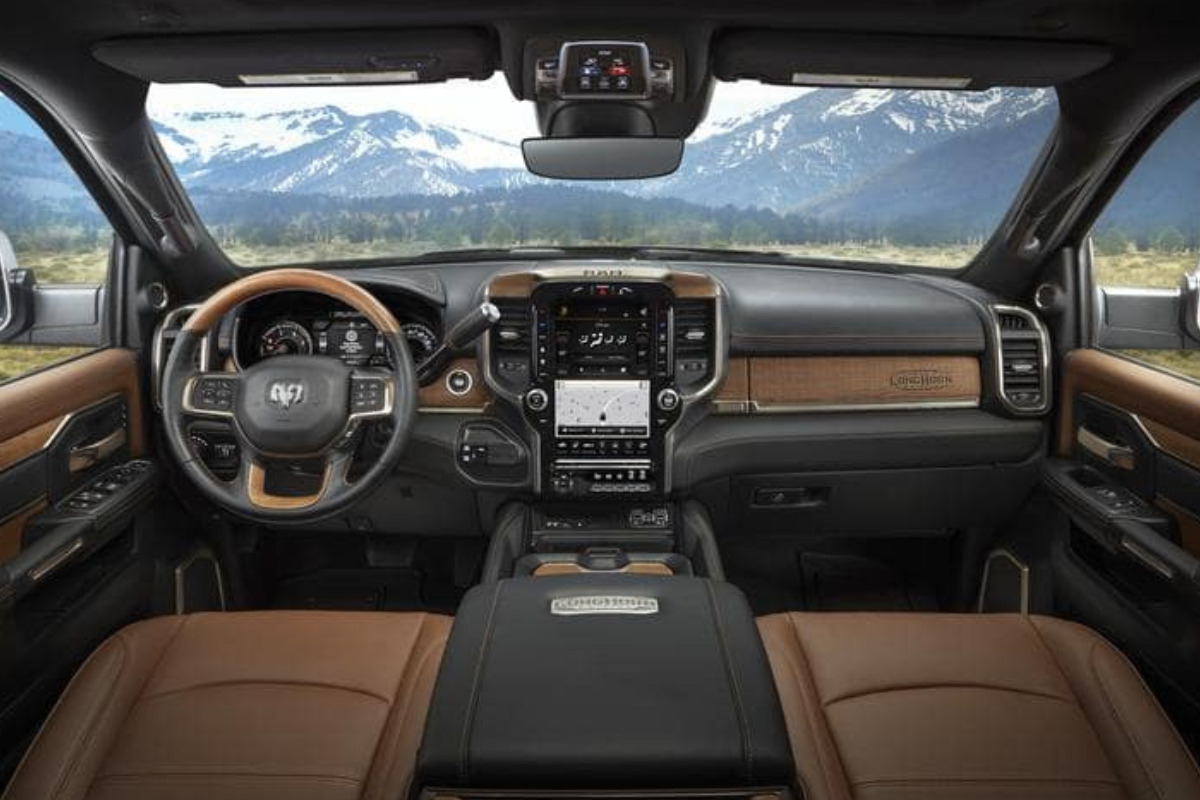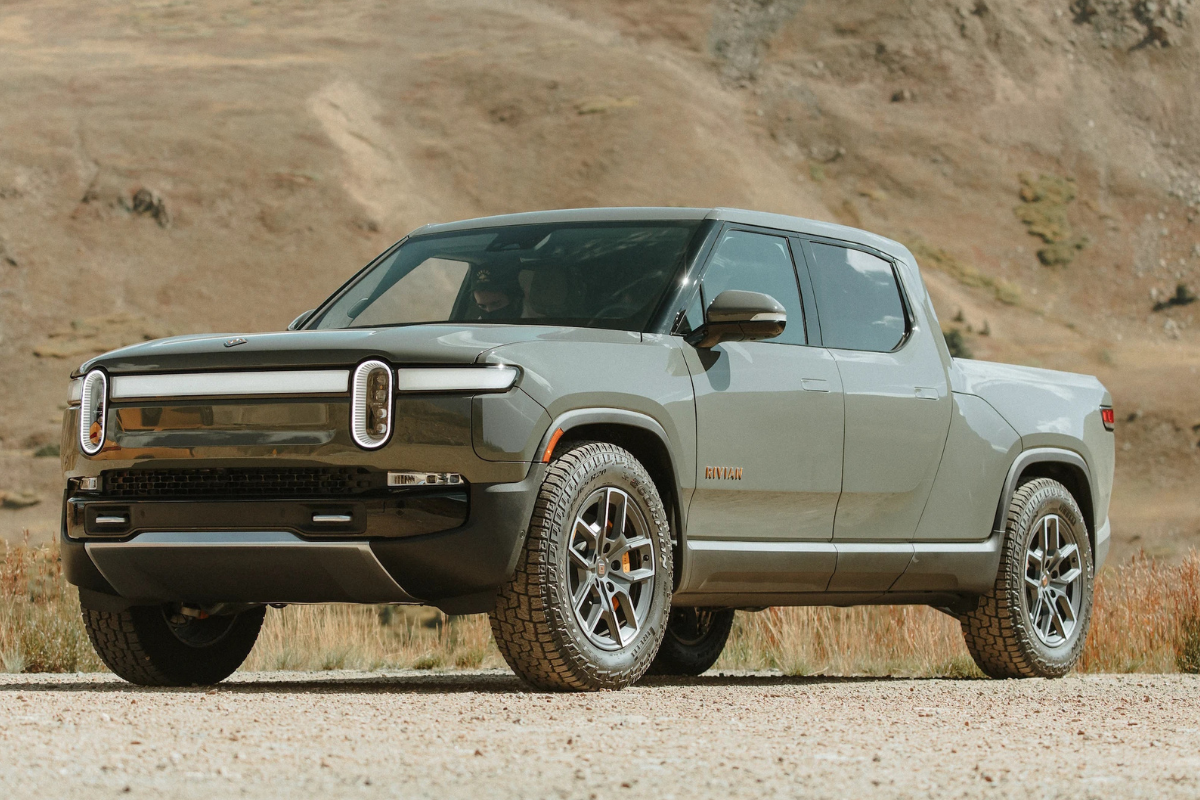George Boulton
July 22, 2024

George Boulton
July 22, 2024

The F-150 Lightning Leads the Charge in Sustainable Trucks
One of the most significant developments is the use of recycled materials.
Manufacturers are constantly trying out sustainable materials to reduce environmental impact while still maintaining the strength and durability these vehicles need.
This shift not only reflects a commitment to the future but also introduces a new era of stylish and responsible design.
One of the most significant developments is the use of recycled materials.
Ford, for instance, incorporates recycled plastics and post-consumer materials in the construction of its F-150.

Components such as underbody shields, wheel liners and interior fabrics are crafted from recycled content, reducing landfill waste and the need for virgin materials that are getting harder and more expensive to source.
In addition to recycled plastics, manufacturers are exploring renewable resources from trees etc.
The interior of the Ram 1500 features sustainably sourced wood trim and leather alternatives derived from organic materials.

These choices reduce dependency on traditional, resource-intensive materials such as expensive leathers and carbon fiber while offering a luxurious look and feel.
Bamboo, known for its rapid growth and renewability, is another popular material used in interiors.
Aluminum is another key material taking the pickup truck industry by storm.
Lightweight and recyclable, aluminum is extensively used in the body panels of a whole range of modern trucks and cars.

Not only does it improve fuel efficiency by reducing the vehicle’s weight but it also enhances performance and handling.
Aluminum’s recyclability ensures that even at the end of the vehicle’s life, it can be efficiently repurposed and put back into another truck.
Furthermore, sustainable manufacturing processes are becoming increasingly popular.
Manufacturers such as Tesla and Rivian are going all in on eco-friendly production techniques, using renewable energy sources and minimizing waste.
This holistic approach ensures that sustainability is considered at every stage of the process, from material sourcing to assembly.
Despite the challenges, the shift towards sustainable practices signals a positive change for the pickup truck industry.
